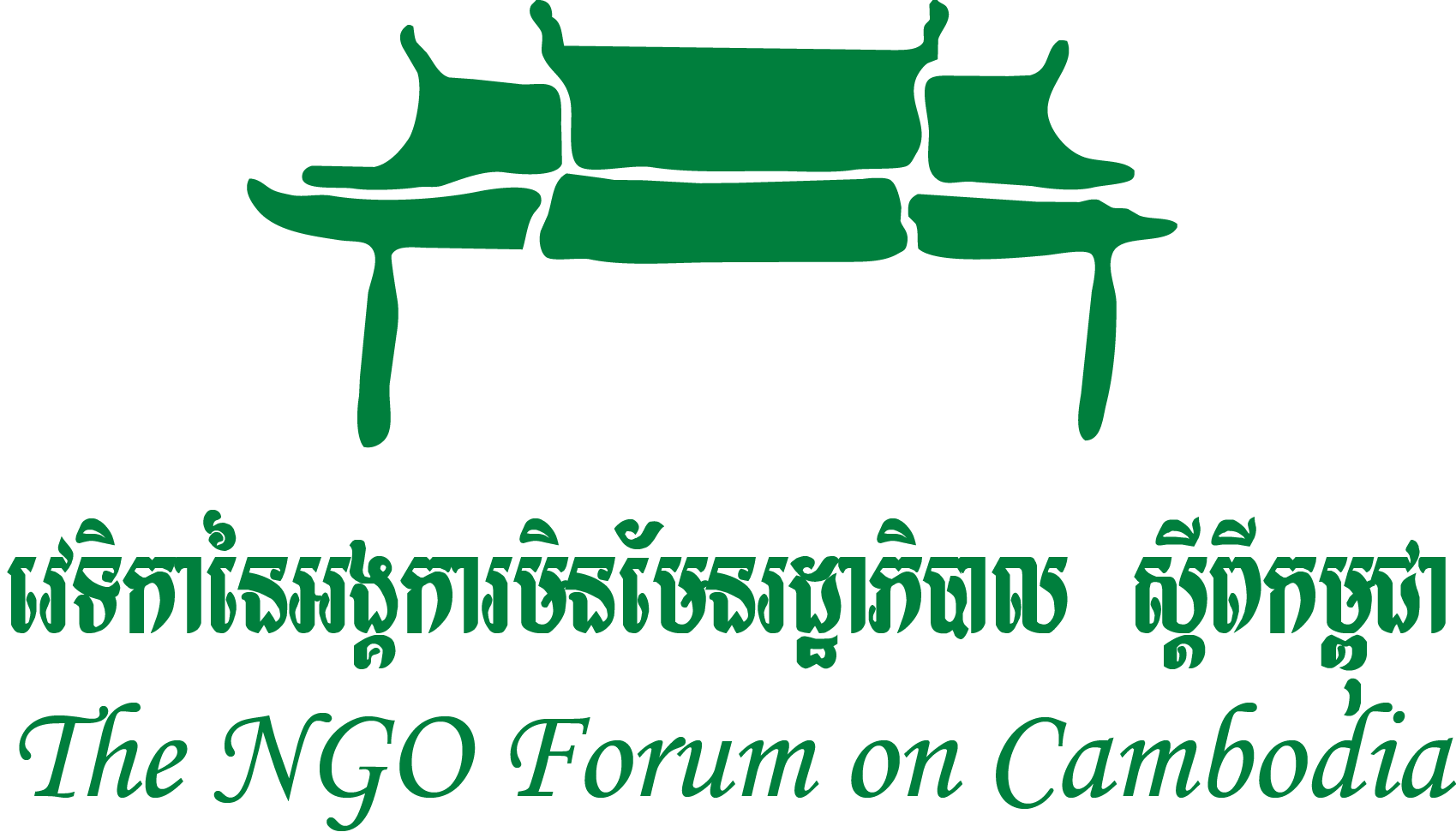Workshop on Access to Information and Community Participation in Decision-Making Process (es) for Development and Investment Projects”
- ngofmail
- Jul 29, 2022
- 3 min read
On the morning of July 29, 2022, the NGO Forum on Cambodia (NGOF) in collaboration with the Institute for Advocacy and Policy (API), Coalition for Partnership in Democratic Development (CPDD), organized Workshop on Access to Information and Community Participation in Decision-Making Process (es) for Development and Investment Projects at the Himawari Hotel. The purpose of this workshop is: Disseminate reports on community gaps in decision-making processes for large-scale project development, conservation and development of indigenous peoples, and natural resource management. 2. Discuss ways to create sustainable solutions that increase community confidence and knowledge to effectively participate in the decision-making process on large-scale development projects.
Welcome remark by Dr. Tek Vannara, Executive Director of NGOF. He raised a provision of public participation that are existed in the policies, law, and regulations of Cambodia. He also raised a practical knowledge that is being conducted by NGOs as well as the sub-national government and TWG on the enforcement of the provision of public participation.
Mr. Man Vanphanith, Senior Program of API intervened on the access to information. Why is it important? The right to access to information is the right recognized internationally that the public is entitled to receive information and governments obliges to share the information to the public. In Cambodia few projects are considered to be the best cases for any development projects. For instance, the case of compensation of the white building case. API has been working with IPs in 3 provinces. Most NGOs did not received information when the development phase happens in village. They were aware only when the construction started. It is 130 countries endorsed A2I law. Surprisingly, China and Vietnam enacted the A2I law to receive more investment into the countries. API encourages the government to enact the A2I law which is currently under the mandate of the Ministry of Information.
Mrs. Kong Bunna, Deputy Director of Policy Analysis and Development Division of NCDD provided an opening remark. She expressed sincere thank the NGOF for inviting Ministry of Interior to participate in the workshop. She highlighted the reform of the decentralization that have been carrying out by the MoI. In order to achieve the goal of the reform, the law regulates to delegate the roles and responsibilities to sub-national government. The participation of local communities in the development in the 3-year rolling plan of the sub-national government. Therefore, it is very significant for the participation of local community in the development. She encouraged the participation of all parties in constructive way with the government.
Presentation of Mr. Tep Kuntheara, Freelance consultant The level of participation of local communities could be highlighted as a snapshot as good, satisfaction and poor. CSOs are a vibrant force. CSOs play an important role to promote community participation and to bridge the community with the government. Local NGOs has limit capacity in the participation, provide training to local communities to effectively participate in a consultation.
Concerning EIA, there is a clear lack of participation of local community in the consultation at the national level, except only at sub-national level.
The level of participation of NGOs and local communities is still limit in the large-scale development project. Some communities are proactive, they do not wait for any coordination from CSOs. Once they have received invitation from government, they organized themselves with their community by organizing a pre-meeting with their communities in advance. Other alternative, local communities should approach local government to seek addressing their issues. Most of local communities do not clearly understand the large-scale development project, so they lose confident in participating in the consultation of a project.
Closing Remark by Mr. Pheap Sophea He concluded the workshop and thank everyone for their active participation in the discussion.




